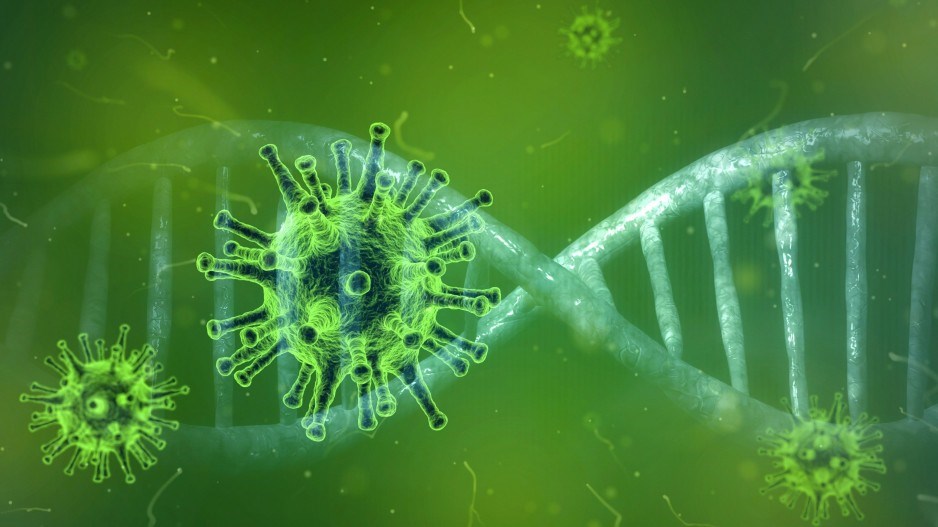What happened: COVID-19 treatment developed in part by a Vancouver company is showing signs of reducing hospitalizations
Why it matters: Federal government has allocated $175 million to AbCellera to develop therapeutic antibodies
A COVID-19 treatment that emerged from a partnership between a B.C. biotech company and an American pharmaceutical giant is producing positive results in clinical trials.
Proof-of-concept data released September 15 by Eli Lilly and Co. (NYSE:LLY) reveals reduced hospitalization rates for patients treated with an antibody developed in collaboration with Vancouver-based AbCellera Biologics Inc.
The pharmaceutical company reports the rate of hospitalizations and emergency room visits for those treated with the antibody known as LY-CoV555 was 1.7% compared with 6% for those treated with a placebo.
Lilly said this represents a 72% risk reduction, while the treatment was “well-tolerated, with no drug-related serious adverse events reported” among those taking LY-CoV555.
In May, Ottawa earmarked $175 million for AbCellera to pursue the development, manufacturing and distribution of therapeutic antibodies.
This came after AbCellera and Lilly announced in April a partnership to develop a new drug for the treatment and prevention of the COVID-19 virus, with Lilly tapping the Vancouver biotech’s platform to zero in on antibodies generated in a natural immune response to the novel coronavirus.
LY-CoV555 wouldn’t be administered to the general population, but to those already infected and require treatment.
The LY-CoV555 antibody treatment was developed over three months with co-operation from Vaccine Research Center at the National Institute of Allergy and Infectious Diseases after the organizations identified it from a blood sample taken from one of the first U.S. patients to recover from the coronavirus.
Lilly described LY-CoV555 as the first potential new medicine specifically designed to combat the virus that causes COVID-19.
The first patients were dosed at medical centres in the U.S., including the NYU Grossman School of Medicine and L.A.’s Cedars-Sinai.
Lilly said it intends to publish the early results in a peer-reviewed journal and discuss appropriate next steps with global regulators.




